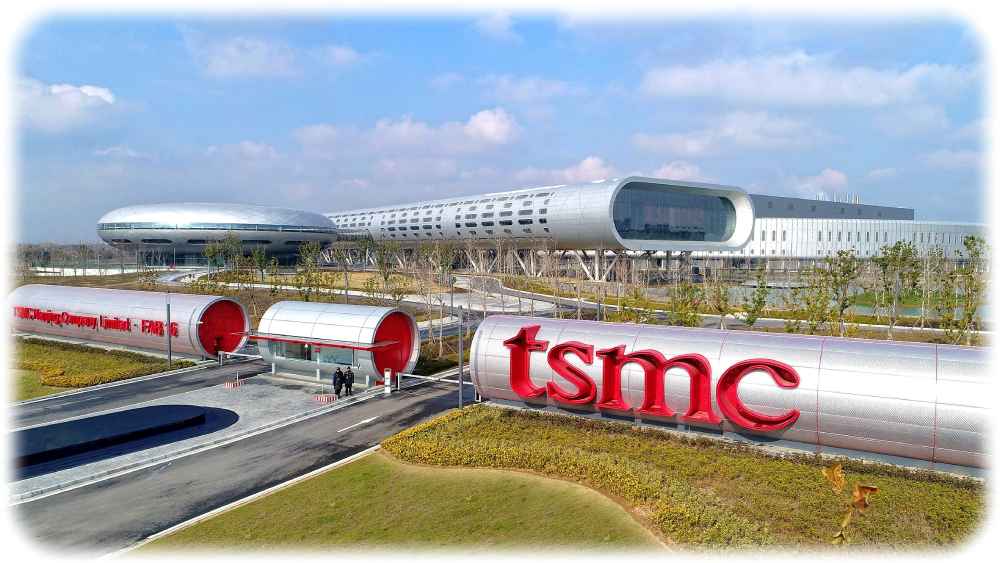
Image: TSMC
Taiwanese are also planning N16 generation circuits
Amsterdam/Dresden , May 15, 2024. The Taiwanese industry leader TSMC will probably also produce circuits with slightly finer structures than initially assumed in its first European chip factory in Dresden - namely down to the 16 nanometer generation instead of just 28 nm a background paper that the semiconductor contract manufacturer distributed during a “TSMC European Technology Symposium” in Amsterdam. It says that the subsidiary “ESMC”, which was founded specifically for the Dresden factory, is to be understood as a “strategic collaboration” with Bosch, Infineon and NXP, through which TSMC wants to supply its European customers with “N28 and N16 process technologies”.An important target group for Dresden Fab is the automotive industry
Construction of the TSMC/ESMC megafab in Dresden is scheduled to begin in the fourth quarter of 2024. Mass production could then begin in 2027. In total, the joint venture under TSMC's leadership plans to invest around ten billion euros in its first European chip factory. Half of this will be government subsidies. The Taiwanese see the German automotive industry and European industry in general as the main target groups for the chips from the Dresden plant. According to TSMC's assessment, the demand there is not for the very latest chip structures, but rather for N28 and later also N16.
At home, TSMC is already moving into the 2-nanometer world with nano-sheets
In their home country, the Taiwanese are already at least four generations ahead: They are already producing N3 generation chips there, which make circuit structures down to three nanometers (millionths of a millimeter) possible. And the next chip generation is already in sight and will also bring with it new transistor architectures: For the "N2" technology, TSMC is no longer using 3D switches of the "Finfet" type, which resemble a shark fin, but rather so-called "nanosheets". TSMC hopes that these nanosheets will provide more power, energy efficiency and a foray even deeper into the world of electronic circuits, which only consist of a few atoms and molecules.
TSMC will auch feinere Chipstrukturen in Dresden fertigen - Oiger
TSMC wird in Dresden auch feinere Chipstrukturen fertigen als gedacht. Daheim stoßen die Taiwanesen mit Nanosheets in die 2-nm-Welt vor
